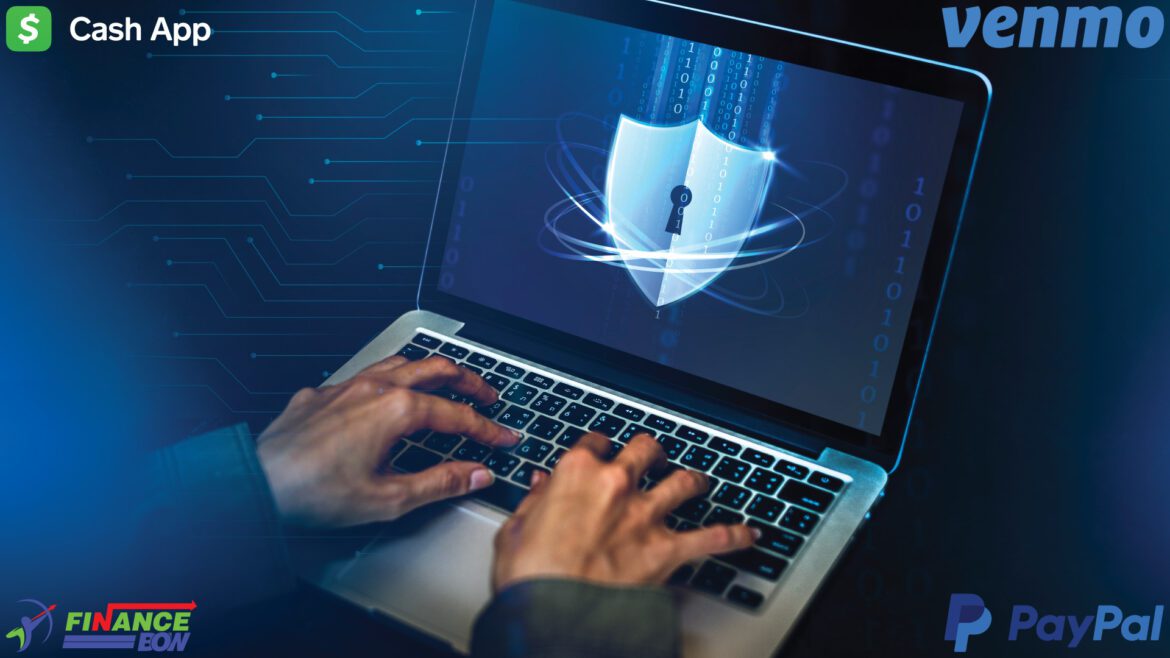Today more people are making online transactions; as a result, the need for peer-to-peer apps (P2P apps) like PayPal, Venmo, and CashApp is increasing. They are convenient to use and ensure quick service. However, before using these third-party payment providers, you should find out whether it is safe to use them. The incidents of online banking scams are on the rise and it’s always better to take precautions before you lose it all.
Get Protected From Online Banking Scams
There are many ways you can avoid the prying eyes of the scammers. Here, we will give you some tips to safely do transactions online using PayPal, Venmo, CashApp, and other platforms.
Connect P2P Service To A Credit Card
You can make P2P service as safe as credit card transactions by connecting the P2P service to your credit card and not your bank account. Credit cards abide by the Electronic Fund Transfers Rule which states that users won’t be liable for a fraudulent case of more than $50. However, not all P2P services will allow you to pay this way. Others demand a 3% fee. So, for your safety, you can choose a P2P service that offers this type of transaction.
Send Money To Known People
You can use the P2P apps to send money to people you know well. As this type of transaction happens within seconds are irreversible, the scammers are always looking for ways to exploit you. So, you must avoid doing transactions with strangers. If you buy any product or service using these apps make sure that the companies have good reputation.
Find The Customer Service Contacts
Before using the app make sure you have customer service contacts so that you can get in touch if you face any trouble. Some apps provide constant support to customers.
File A Complaint
Venmo and Zelle are accredited by Better Business Bureau. So, if you face any problem regarding the transaction or notice any suspicious activity in your account, you can file a complaint and the companies are obliged to resolve the issue or at least respond to your concerns.
Use The Latest Version Of The App
You must not use the old version of these apps. Always use the updated version so that you get all the latest security features for a safer online transaction and avoid becoming a victim of online banking scams.
Look Out For Warning Signs
Scammers often conduct some common activities. For example, they use platforms that people trust to sell products or services, like Facebook Marketplace or Craigslist. The scammer then requests the buyer to pay for the product or service before it can be shipped. Once the buyer pays, the scammer blocks the buyer.
Sometimes, scammers ask for PayPal invoices to be sent. Then they send an email from a fraudulent address that says that the invoice amount has been paid. They also ask the seller to send the product to a ‘PO Box’ address. This way the buyer loses both the product and the money. Buying last-minute tickets is another trap set by the scammers.
Secure The App
You should use a fingerprint, pin, or strong password to secure the app so that scammers can’t access your account. You can also use two-factor authorization for better protection. You should also change your password regularly to protect yourself from scammers.
Transfer The Money To Your Bank Account
Once you receive any payment on your PayPal or other app, transfer the money immediately to your bank account. If the money stays in these apps for too long then they become vulnerable to scammers.
Don’t Use Public WiFi
When you are doing online transactions, avoid using public WiFi. Instead, use a virtual private network (VPN) which provides extra security. This will keep your digital wallet secure.
Conclusion
Venmo, PayPal, and others are trying to make their apps more secure. Most of them have encryption protocols that protect the users. They also have a dedicated support team to help you any time you face any problem with transactions. PayPal and others promise a refund if you don’t receive the product or service you ordered. Despite all these security measures, it is important that you, as a user, be cautious when doing transactions on these platforms.

